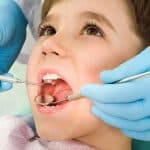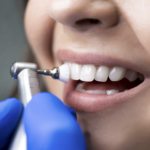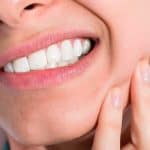
Replacing a crown generally involves some level of discomfort, but it should not be excessively painful. The procedure is usually carried out with the use of local anesthesia to numb the area, ensuring minimal pain.
You may feel some pressure or mild discomfort as the dentist prepares the tooth and removes the old crown. Additionally, there might be sensitivity or soreness in the treated area after the anesthesia wears off.
If you experience any pain during the crown replacement or if the discomfort worsens, it is important to inform your dentist. The Dentist can make any necessary adjustments or provide appropriate pain relief measures.
When replacing a crown, the process typically involves the following steps:
- Evaluation: The dentist will examine the condition of the existing crown and the underlying tooth structure. They will assess whether a replacement is necessary and discuss the options with you.
- Numbing the area: Local anesthesia is administered to ensure you are comfortable during the procedure. The dentist will wait for the anesthesia to take effect before proceeding.
- Removal of the old crown: Using dental tools, the dentist will carefully remove the old crown from the tooth. This may involve cutting and removing any cement or adhesive that was used to secure the crown in place.
- Impression: An impression of the prepared tooth is taken to create a custom-made crown that matches the shape and alignment of your other teeth. The impression may be done using a putty-like material or digitally scanned.
- Temporary crown: While waiting for the permanent crown to be created, a temporary crown may be placed to protect the prepared tooth. Temporary crowns are typically made from acrylic or composite materials and are less durable than the final crown.
- Crown placement: Once the permanent crown is ready, you will return to the dentist’s office for its placement. The dentist will remove the temporary crown, check the fit and color of the new crown, and make any necessary adjustments. Once satisfied, the permanent crown is bonded or cemented onto the tooth.
- Bite adjustment and polishing: The dentist will ensure that your bite is properly aligned with the new crown. They may make minor adjustments to ensure a comfortable and functional bite. Finally, the crown is polished to give it a smooth and natural appearance.
Throughout the process, you may experience some discomfort or pressure, but it should not be overly painful. If you have concerns about pain or if you experience significant discomfort during or after the procedure, it’s important to communicate with your dentist so that they can address your needs. Schedule an appointment with Sampson Dentistry if you are in need of a crown.
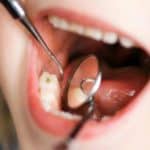

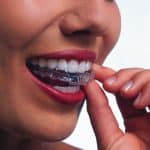
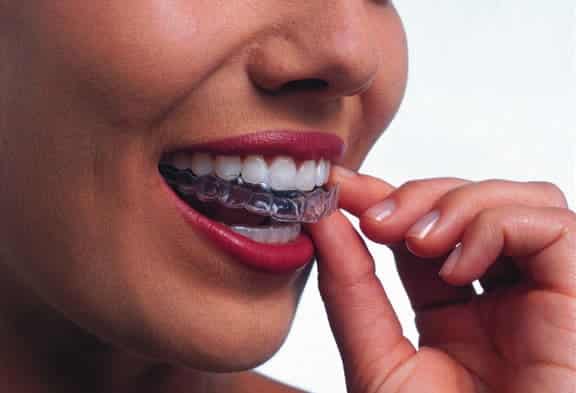 The best way to confirm whether or not you are grinding your teeth, is to mention your symptoms to your dentist at your next appointment. Your dentist can review the wear patterns on your teeth and examine your jaw to determine whether you’ve been grinding or clenching without realizing it.
The best way to confirm whether or not you are grinding your teeth, is to mention your symptoms to your dentist at your next appointment. Your dentist can review the wear patterns on your teeth and examine your jaw to determine whether you’ve been grinding or clenching without realizing it.